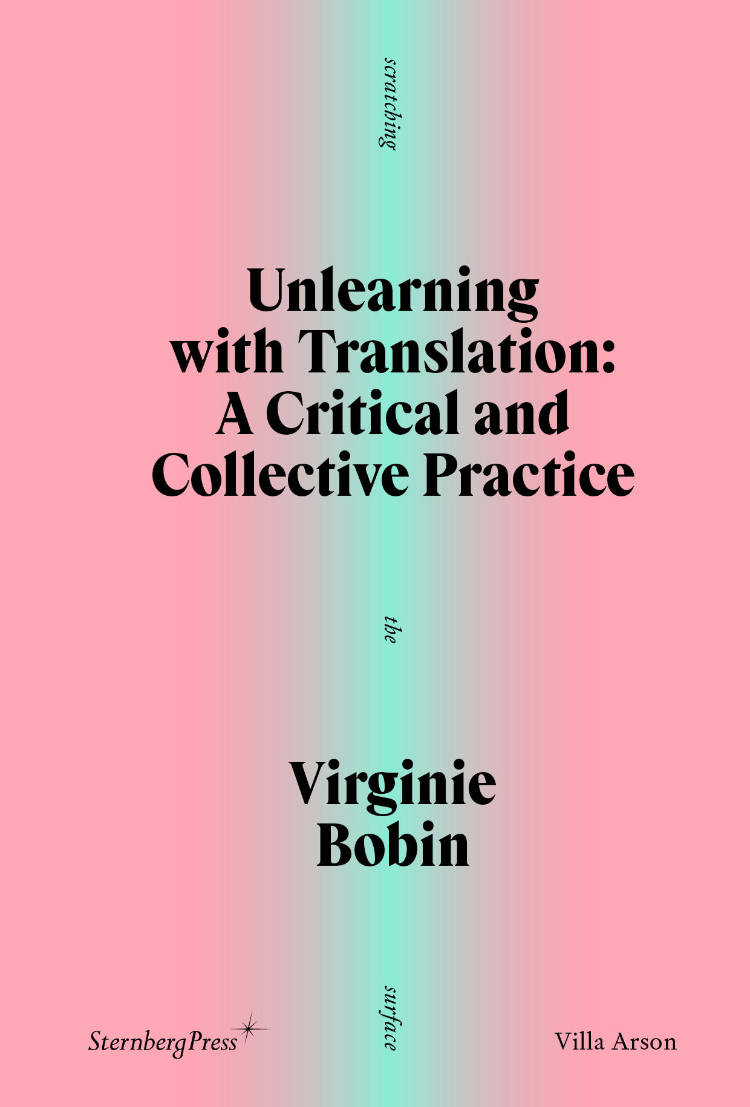
Politics of Food
Aaron Cezar ed., Dani Burrows ed.
This publication critically assesses and illuminates ways in which the arts can confront food-related issues, through the contributions of artists, anthropologists, activists, agronomists, and chefs.
The last decade has witnessed a proliferation of artists and artist collectives interrogating the global politics and ethics of food production, distribution, and consumption.
As an important document of new research and thinking around the subject, this book, co-published with Delfina Foundation, contains reflections on food by prominent artists, anthropologists, and activists, among others. Interviews with chefs, policy makers, and agronomists critically assess and illuminate the ways the arts confront food-related issues, ranging from the infrastructure of global and local food systems, its impact on social organization, alternatives and sustainability, climate and ecology, health and policy, science and biodiversity, and identity and community.
Contributions by Kathrin Böhm, Center for Genomic Gastronomy, Leone Contini, Cooking Sections, Chris Fite-Wassilak, Amy Franceschini & Michael Taussig, Fernando García-Dory, Melanie Jackson, Dagna Jakubowska, Nick Laessing, Jane Levi, Candice Lin, Poppy Litchfield, Christine Mackey, Taus Makhacheva, Elia Nurvista, Senam Okudzeto, Thomas Pausz, Daniel Salomon, Vivien Sansour, Standart Thinking, Serkan Taycan, Lantian Xie, Raed Yassin.
Language: English







